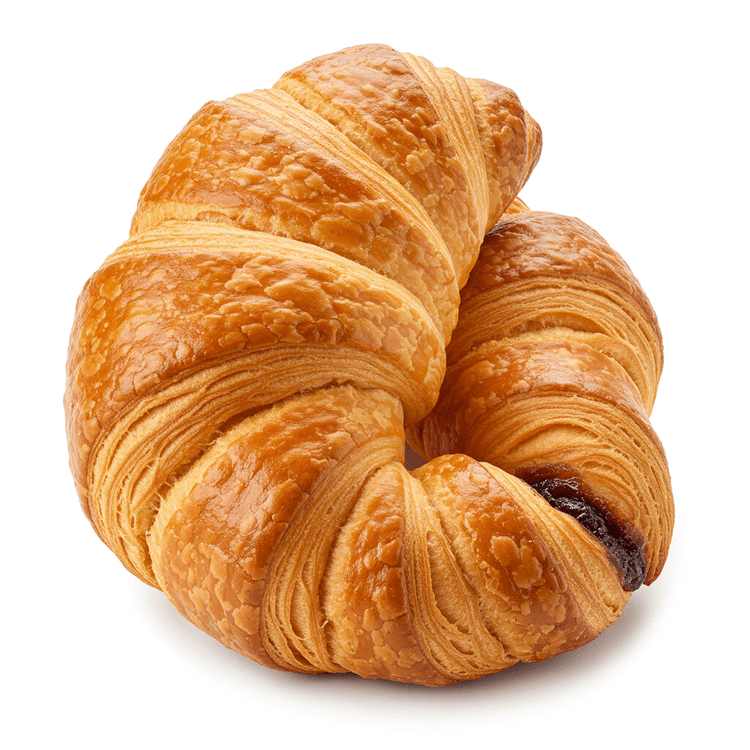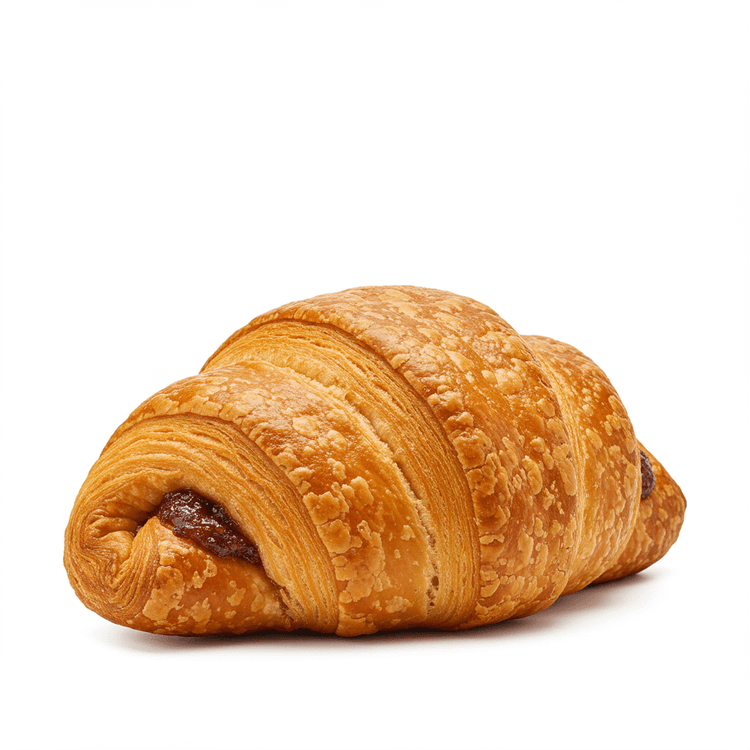
Pastry
Pastry is a versatile and delicious baked good known for its flaky, buttery texture and golden appearance. Often made from a combination of flour, butter, water, and sometimes sugar, pastry serves as the foundation for countless sweet and savory dishes. Its delicate layers and rich flavor make it a favorite in both professional and home kitchens. Whether used for pies, tarts, or puff pastry creations, this ingredient is essential for achieving a light, airy texture in baked recipes. Perfect for desserts, appetizers, and even main courses, pastry is a cornerstone of baking and culinary arts.
Common Uses
- Used as a base for sweet desserts like fruit tarts, custard pies, and cream-filled pastries.
- Incorporated into savory dishes such as quiches, pot pies, and sausage rolls.
- Rolled and layered to create puff pastry for croissants, turnovers, and mille-feuille.
- Shaped into shells or cups for bite-sized appetizers or hors d'oeuvres.
- Used to encase fillings for hand pies, empanadas, or strudels.
- Decoratively cut and layered to top pies or enhance presentation in baked goods.
Health Benefits
- Pastry is a versatile base for both sweet and savory dishes, making it a staple in many cuisines worldwide.
- It provides a rich, buttery flavor and flaky texture that enhances the overall taste of baked goods.
- Pastry can be a source of carbohydrates, offering energy for daily activities when consumed in moderation.
- Whole-grain or alternative flour-based pastries can add fiber and nutrients to your diet.
- Pastries are often used to create visually appealing dishes, making them ideal for entertaining or special occasions.
- They can be customized with fillings like fruits, vegetables, or proteins to suit various dietary preferences.
Substitutes
Chefadora AI is here.
Experience smarter, stress-free cooking.
Storage Tips
Store uncooked pastry dough in the refrigerator, tightly wrapped in plastic wrap or placed in an airtight container, for up to 2-3 days. For longer storage, freeze the dough by wrapping it securely and placing it in a freezer-safe bag; it can last up to 1-2 months. Cooked pastries should be stored in an airtight container at room temperature for 1-2 days or refrigerated for up to a week. Reheat in the oven to restore crispness before serving.
Marnirni-apinthi Building, Lot Fourteen,
North Terrace, Adelaide, South Australia, 5000
Australia

